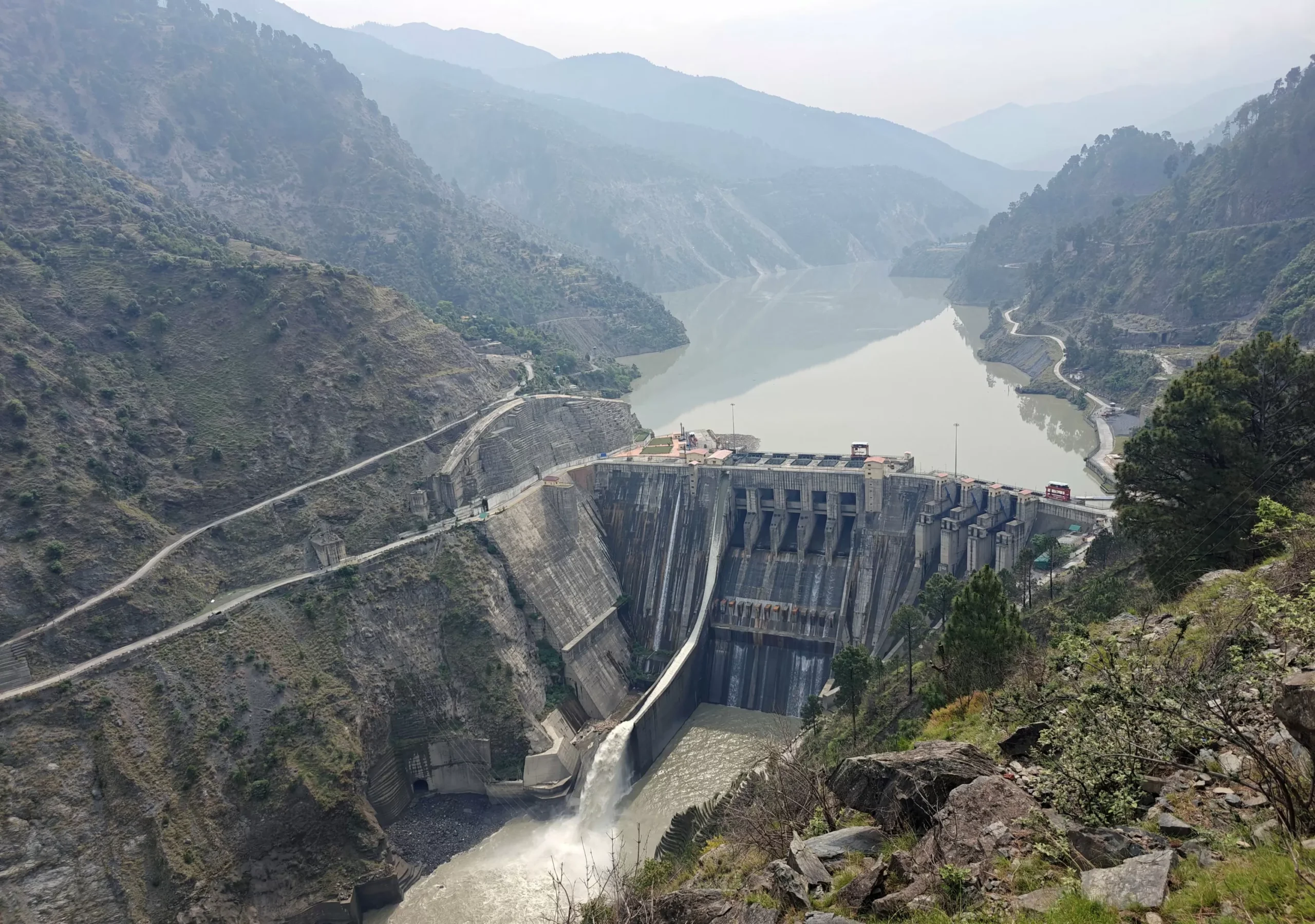India has recently made a bold move by pushing forward the timeline for four hydropower projects in Kashmir. This decision comes after the country suspended a water-sharing treaty with Pakistan, in light of the recent tensions between the two nations. The move is seen as a strategic step towards utilizing the full potential of the region’s natural resources and boosting its economy.
The four hydropower projects, namely Pakal Dul, Ratle, Lower Kalnai, and Kishanganga, are currently under construction in the state of Jammu and Kashmir. These projects have been in the pipeline for several years and are expected to generate a combined capacity of over 3,000 megawatts. However, due to various reasons, the projects have faced delays and setbacks, hindering their progress.
But with the recent decision to expedite the timeline, India has shown its determination to harness the power of these projects and bring them to completion. The move is expected to not only provide much-needed electricity to the region but also create job opportunities and boost the local economy.
The decision to push forward the timeline for these projects has been met with widespread support and appreciation from the people of Kashmir. They see it as a step towards their development and progress, which has been long overdue. The projects are expected to bring in much-needed revenue and improve the standard of living for the people of the region.
Moreover, the suspension of the water-sharing treaty with Pakistan has also played a crucial role in this decision. The treaty, which was signed in 1960, allowed for the sharing of water from the Indus River and its tributaries between the two countries. However, in recent years, Pakistan has been accused of misusing the water and not adhering to the terms of the treaty. This has led to a strain in the relationship between the two nations.
In light of these developments, India has taken a firm stance and decided to utilize its share of the water for its own development. This decision has been met with criticism from Pakistan, but India has maintained that it has the right to use its share of the water for the betterment of its people.
The expedited timeline for the hydropower projects is also a strategic move by India to reduce its dependence on fossil fuels and shift towards cleaner and renewable sources of energy. This aligns with the country’s commitment to the Paris Climate Agreement and its goal of reducing carbon emissions.
The decision has also been welcomed by environmentalists, who see it as a step towards sustainable development. The hydropower projects will not only provide clean energy but also help in flood control and irrigation, benefiting the local communities.
The push for these projects also highlights India’s determination to assert its sovereignty over the region of Kashmir. The state has been a bone of contention between India and Pakistan for decades, with both countries claiming it as their own. By utilizing its resources and developing the region, India is sending a strong message that Kashmir is an integral part of the country.
In conclusion, India’s decision to expedite the timeline for four hydropower projects in Kashmir is a significant step towards the development of the region. It showcases the country’s determination to utilize its resources and assert its sovereignty over the disputed territory. The move is expected to bring in economic prosperity, provide clean energy, and improve the standard of living for the people of Kashmir. It is a positive and motivating step that will have a long-lasting impact on the region’s growth and development.





![Complete BritRail Pass Guide [Types, How to Use It, Pros + Cons]](https://inside-news.uk/wp-content/uploads/2025/06/00221EB4-BCA2-4DBB-6CD4-83DBC37D71FA-120x86.webp)
















